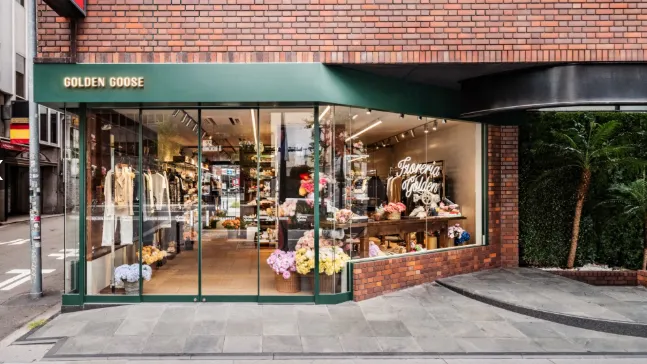
Alibaba steps up fight against counterfeiting
Alibaba is determined to tackle the issue of counterfeiting as it believes that “trust is an important currency that makes e-commerce platforms tick”.
The fight against counterfeiting has cost Alibaba an estimated US$160.7 million.
The amount is based from what its spent from the beginning of 2013 to the end of November in fighting counterfeiting and enhancing shopper protection on its sites. The Alibaba Group, China’s dominant online retailer, revealed this at a recent anti-counterfeiting conference in the US.
According to Jonathan Lu, Alibaba’s CEO, the group has a task force of more than 2,000 — with another 200 to be recruited to join in the fight this year. It also has around 5,400 volunteers assisting in daily online surveillance and selective inspection.
Lu said it is in Alibaba’s interests to protect consumers because those who receive fake goods may not want to shop on its platforms.
“Thankfully, Internet technology has made it easier for transactions to be traced. This means that by analysing transaction data, we can trace counterfeiters who sell online. Through the analysis of big data, online sources of counterfeit products can be tracked off - line, making it easier for enforcement authorities to do their work,” he said.
Lu is glad the eff ort is making headway.
Alibaba cooperated with Chinese law enforcement agencies in more than 1,000 cases last year which led to the arrest of 400 suspects from 18 counterfeiting rings and the closure of 200 brick-and mortar stores, factories and warehouses involved in the production and sale of fake goods
In particular, Lu said customer complaints on Alibaba sites last year fell by 22% from the year before. Only 3.5 out of every 10,000 transactions led to customer complaints last year.
“We hope that by exposing counterfeiters and supporting the fight in a long-term fashion, fakes can be eliminated one day,” he said.
“Ever since the founding of the Alibaba Group in 1999, its been our mission to make it easy to do business anywhere. This ease of doing business must be facilitated by trust. We believe that trust is the basis for wealth, and that trust is an important currency that makes our e-commerce platforms tick. All the work that we’ve done over the past 15 years underscores this belief.”



















 Advertise
Advertise






